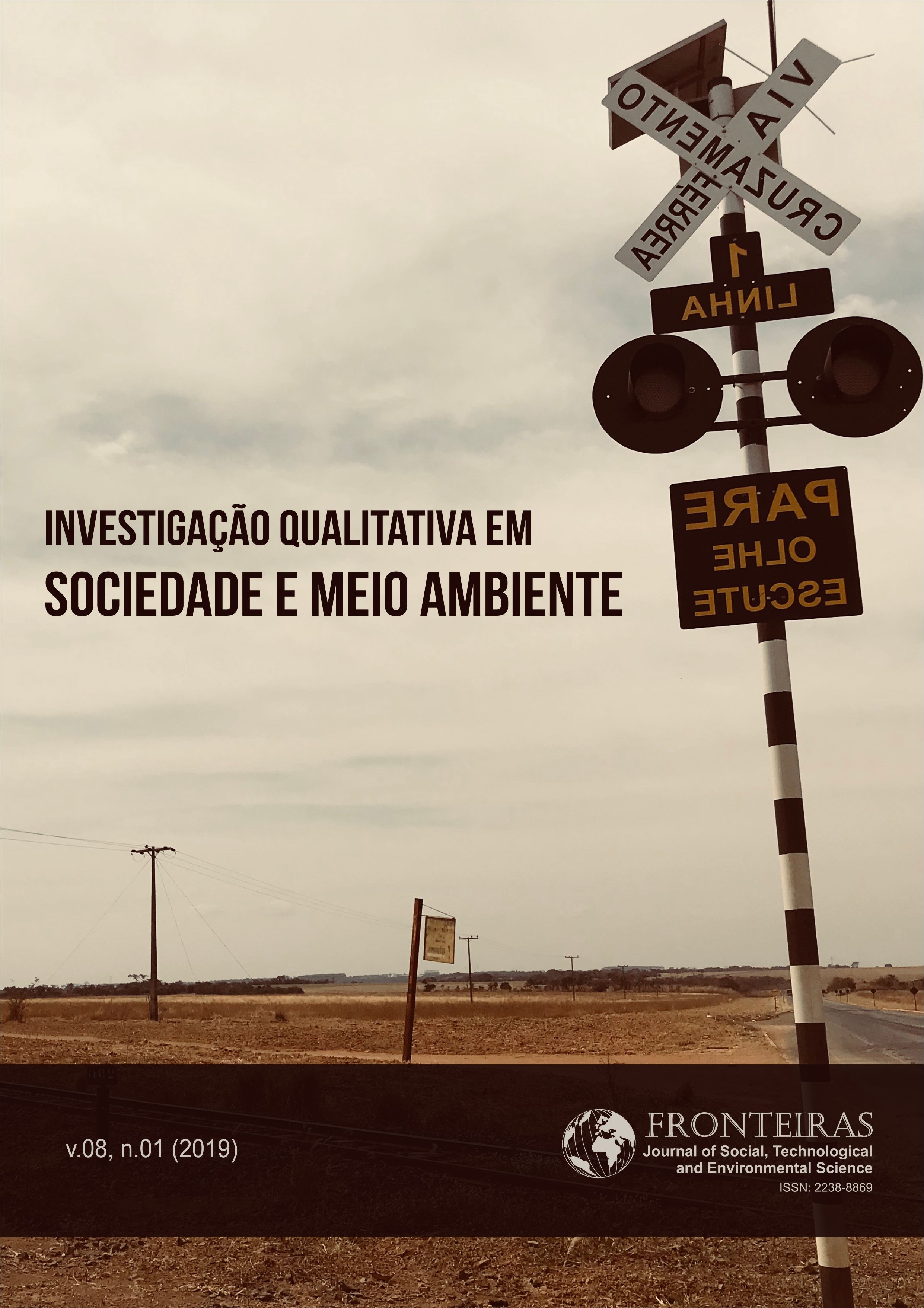Uma Ponte Para O Futuro e o Encontro com o Futuro: A Persistente Tensão Entre a Normatividade e o Mundo Vivido Habermasiano
DOI:
https://doi.org/10.21664/2238-8869.2019v8i1.p131-150Keywords:
Education Policies, Bridge to the Future, Theory of Communicative Action, Meeting with the FutureAbstract
This article brings a qualitative and theoretical research based on documentary analysis. It adopts a philosophical and sociopolitical position based on Habermasian thinking, with a special focus on the Theory of Communicative Action, related to the project published by the Party of the Brazilian Democratic Movement (PMDB) (2015/2016) entitled "A Bridge to the Future" and the recent (2018), which in the face of his notes are "hypermetropia in the face of the present, a complete obscuring of the past and a double vision for the future" (Menezes Jr. & Brzezinski, 2018). It will be demonstrated the apprehension that arises between the worlds and systems Habermas lived with the normalization of ideals considered illegal and illegitimate, that provoke the regression of the Brazilian education system and the breakdown of its conquests. It will be concluded that manipulative dialogic relations are dangerous because they demonstrate the precariousness of democracies, social inequalities, corruption and the impediment of what should be the democratic rule of law.
References
Chomsky N 1997. Segredos, mentiras e democracia. Brasília: Ed.UNB.
Coelho A 2012. O Que É Mundo da Vida em Habermas? Filósofo Grego, Out, 25. Acesso em 25/04/2015. Available from:
Draibe S 1989. As políticas sociais brasileiras: diagnósticos e perspectivas. In: IPEA & IPLAN. Para a década de 90: prioridades e perspectivas de políticas públicas. Brasília.
Habermas J 2012. Teoria do agir comunicativo (tomo II): sobre a crítica da razão funcionalista. São Paulo: Editora WMF Martins Fontes, 2012.
Habermas J 2009. Verdade e justificação: ensaios filosóficos. Trad. de Milton Camargo Mota. São Paulo: Ed. Loyola.
Habermas, J. A inclusão do outro: estudos de teoria política. São Paulo: Editora Loyola, 2007.
Habermas J 2003. Consciência moral e agir comunicativo. Rio de Janeiro: Tempo Brasileiro.
Habermas J 1997. Direito e democracia: entre facticidade e validade (tomo I). Rio de Janeiro: Tempo Brasileiro.
Habermas J 1995. Jürgen Habermas: A história negativa [abr]. Entrevistadores B. Freitag e S. P. Rouanet. São Paulo: Jornal a Folha de São Paulo. Acesso em 15 out 2018. Available from:
Lacerda RTO, Ensslin L, Ensslin SR 2012. Uma análise bibliométrica da literatura sobre estratégia e avaliação de desempenho. Gestão & Produção, 19 (1), 59-78.
Marx K 2011. O Capital. São Paulo, Abril Cultural.
Melo A 2012. Educação Brasileira e estratégias de sobrevida do capitalismo. Revista Germinal: Salvador, 4 (1), 20-30.
Menezes Jr SM, Brzezinski I 2018. Uma ponte para o futuro: a tensão entre a normatividade e o mundo vivido Habermasiano. v. 1 Atas - Investigação Qualitativa em Educação. CIAIQ2018. Acesso em 15 out 2018. Available from:
Minayo MC 1994. O desafio do conhecimento. São Paulo/Rio de Janeiro: HUCITEC-ABRASCO.
Minayo MC 2001. Ciência, técnica e arte: o desafio da Pesquisa Social. In: ______. (Org.) Pesquisa social: teoria, método e criatividade. Petrópolis: Vozes, 09-30.
Partido Movimento Democrático Brasileiro 2015. Uma ponte para o Futuro. Brasil
Partido Movimento Democrático Brasileiro 2016. A Travessia Social: uma ponte para o futuro. Brasília.
Partido Movimento Democrático Brasileiro 2018. Cartilha Encontro com o Futuro. Brasília.
Piketty T 2014. O Capital no Século XXI. 1. Ed. Rio de Janeiro: Intrínseca.
Silva, M.; Dickmann, I.; Bernartt, M. L. 2017. Editorial – Radiografia do golpe, neoliberalismo e destruição do Estado, “apagamento dos direitos sociais”, “Educação Temer(ária)” e Escola sem Partido. Revista Pedagógica: Chapecó, Unochapecó, 19 (40), 7-21.
Silva FG 2011. “Entre potenciais e bloqueios comunicativos: Habermas e a crítica do Estado democrático de direito”. In: Caderno CRH, Salvador, v. 24, n. 62., p. 302-330.
Downloads
Published
How to Cite
Issue
Section
License
This journal offers immediate free access to its content, following the principle that providing free scientific knowledge to the public, we provides greater global democratization of knowledge.
As of the publication in the journal the authors have copyright and publication rights of their articles without restrictions.
The Revista Fronteiras: Journal of Social, Technological and Environmental Science follows the legal precepts of the Creative Commons - Attribution-NonCommercial-ShareAlike 4.0 International. 


